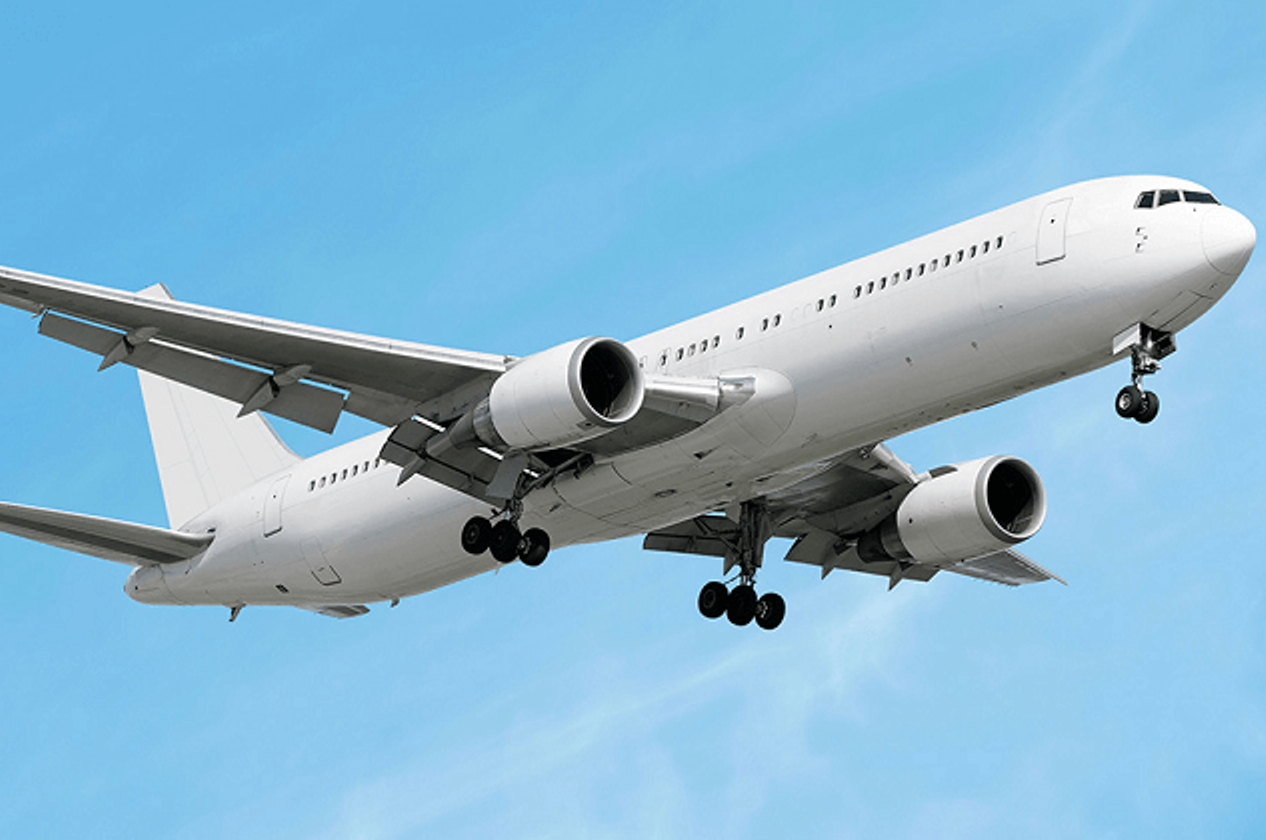
The Nigerian Safety Investigation Bureau (NSIB) has begun investigating a serious incident involving a Fly Bird HS 125 aircraft with registration number 5NKAL.
The aircraft, operating a flight from Nnamdi Azikiwe International Airport, Abuja (DNAA), to Kotoka International Airport, Accra (DGAA), experienced technical difficulties on December 6, 2024.
Reports indicate that the aircraft lost both of its engines during the flight and subsequently returned to Abuja.
Mrs. Bimbo Olawumi Oladeji, Director of Public Affairs and Family Assistance at the NSIB, confirmed the incident in a statement on Sunday, December 8. She disclosed that the aircraft had four persons on board, including three crew members and one passenger.
“Preliminary information indicated that the aircraft, with four persons on board (three crew members and one passenger), was climbing through flight level 240 en route to flight level 280 when the crew reported an engine number 2 indication issue,” Oladeji stated.
The aircraft was approximately 25 nautical miles southwest of VOR station VONUK at 17:54 UTC when the crew requested to return to Abuja due to an engine issue. “The request was promptly granted, and the aircraft was cleared to descend to flight level 190,” the statement added.
During the descent, the aircraft experienced the loss of engine No.2 at flight level 230. As the crew approached Nnamdi Azikiwe International Airport, at approximately 5,000 feet, they declared Mayday after losing Engine No.1.
Despite the critical situation, the crew managed to land the aircraft safely at Abuja Airport at 18:16 UTC. There were no injuries reported, and all individuals on board were safe.
The NSIB has launched a comprehensive investigation into the incident to determine the circumstances surrounding the engine malfunction and the subsequent loss of both engines.
“Our Go Team is gathering evidence, conducting interviews, and reviewing the aircraft’s flight data and maintenance records to uncover underlying causes,” the bureau stated.
“This investigation aims to prevent future occurrences and enhance aviation safety. Further updates will be provided as more information becomes available,” it added.
 topnaijanews Stay informed with the latest Nigerian news at your fingertips
topnaijanews Stay informed with the latest Nigerian news at your fingertips
